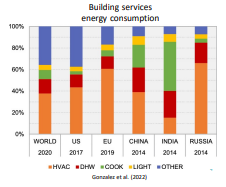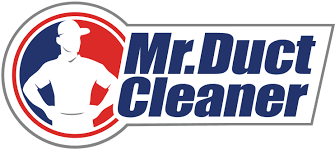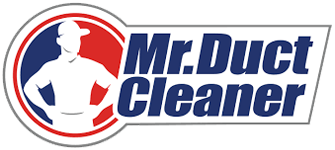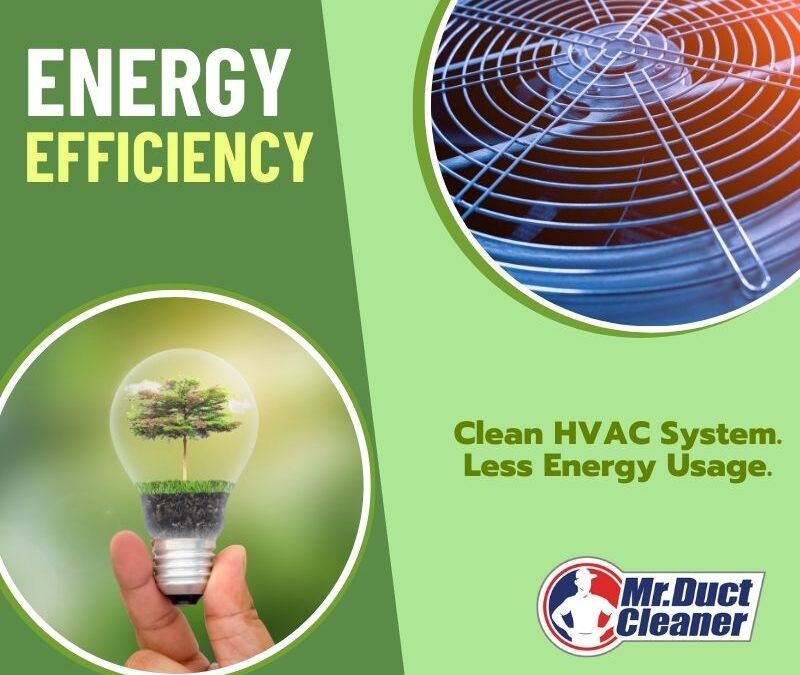Mr. Duct Cleaner knows that cleaning your HVAC and duct system leads to energy efficiency and utility savings. Nasim Ildiri from Colorado State University has spent over 5 years testing this hypothesis and she presented her findings at the 2024 NADCA conference. In a nutshell, the data reveals the major hypothesis is correct: HVAC System cleaning results in a substantial improvement in energy efficiency. Cleaned HVAC systems can have a reduction in energy consumption compared to their uncleaned counterparts.
Why study HVAC systems and energy usage?
• Buildings contribute to 1/3 of the world’s total energy consumption.
• Buildings account for 1/4 of global CO2 emissions.
• Commercial and residential buildings are responsible for 40% of the U.S. energy consumption.
• Heating and cooling account for 50% of a typical home’s energy usage in the US.
• Electricity demand for cooling is significantly affected by climate and weather.
• Buildings have a high potential for improving energy efficiency.
 The study pointed out that people spend approximately 90% of their time in urban dwellings. Building environments can have a significant impact on quality of life. A building’s HVAC system effects:
The study pointed out that people spend approximately 90% of their time in urban dwellings. Building environments can have a significant impact on quality of life. A building’s HVAC system effects:
• Thermal comfort
• Respiratory exposure
• Productivity
• Cognitive performance
Energy is consumed in the HVAC system by:
• Heating and cooling (heat exchangers, compressor, etc.)
• Ventilation, air filtration, and distribution (fans, blowers, etc.)
• Auxiliary components (chillers, boilers, etc.)
The new generation of sensors provides us with good data:
• Real-time visibility
• Reliable, practical, and affordable data
• Temperature, Relative Humidity, CO2, PMs, and VOCs
In gathering the data to review energy consumption before and after HVAC and duct cleaning, a secondary hypothesis emerged. Cleaned HVAC systems can provide better indoor air quality to occupants compared to their uncleaned counterparts. We will dive deeper into this hypothesis in the second part of our blog series on the Colorado State HVAC System cleaning study.


